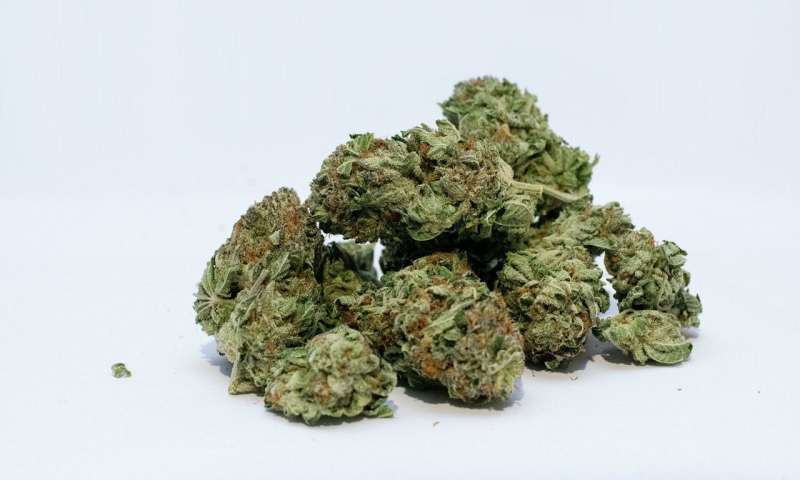
Significantly higher rates of child intensive care admissions for unintentional cannabis poisonings have been seen following legalization of the drug in Canada.
Researchers from The Hospital for Sick Children (SickKids), based in Toronto, found a four-fold increase in unintentional poisonings in children under the age of 12 and a three-fold increase in intensive care admissions for severe cannabis poisoning in the first two years following cannabis legalization.
However, the overall number of visits per month for cannabis intoxications to the SickKids Emergency Department (ED) remained consistent when comparing the pre- and post-legalization periods. The findings were published in the peer-reviewed journal Clinical Toxicology.
Led by Dr. Yaron Finkelstein, Staff Physician, Paediatric Emergency Medicine and Clinical Pharmacology and Toxicology at SickKids, the study compared cannabis-related ED visits, hospitalizations and intensive care unit (ICU) admissions at SickKids during pre- and post-legalization periods to analyze the unintentional impacts of the legislation.
“While uncommon in adults, cannabis intoxication can have significant negative impacts on young children including behavioural changes, seizures, respiratory depression, problems with coordination and balance, and even coma. As different formulations of cannabis continue to be legalized, it is important for everyone who has cannabis in their home, to be aware of the potential harms to children and ensure cannabis products are safely stored,” notes Finkelstein, Senior Scientist, Child Health Evaluative Sciences at SickKids.
Measuring admissions for cannabis intoxication to SickKids over a 12-year period, from January 1, 2008 to December 31, 2019, the study identified that a higher proportion of children were admitted to the ICU following legalization (13.6% vs. 4.7%, respectively).
The study determined that the increases in severe intoxications from cannabis were primarily due to exposure of young children to cannabis edibles, which have become increasingly accessible and popular. Edible cannabis products are both highly concentrated and visually attractive to young children—leading to ingestion as the most consequential route of paediatric exposures. Inconsistencies and difficulties in determining the exact formulation and potency of the edible ingested can also make it challenging for health-care providers to anticipate the severity and length of the effects of cannabis exposure.
The study team, including researchers and trainees from across SickKids, hopes that by raising awareness of the potential dangers of unintentional cannabis poisonings, the findings will encourage the public to be even more careful when storing cannabis products within the home, particularly edibles that can often be mistaken by children for regular food and candy.
Source: Read Full Article
